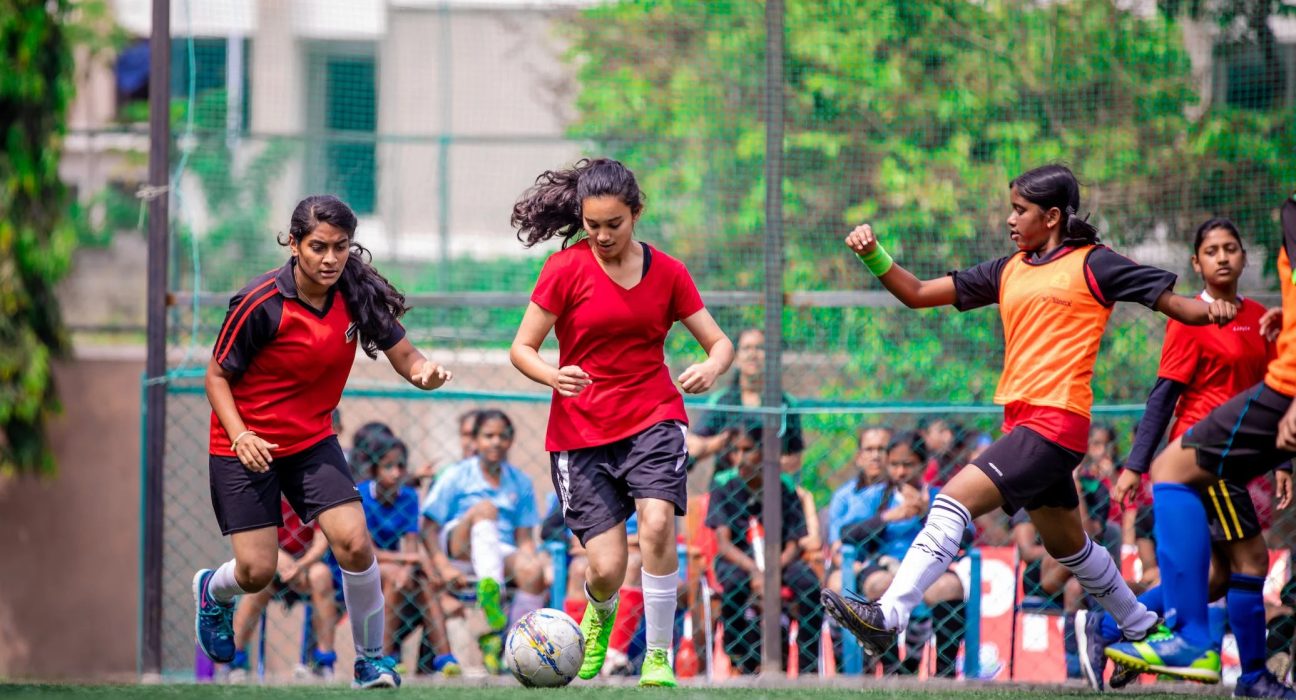The Role of Sports in Education: Building Character and Skills Beyond the Classroom

Sports have always been an essential part of education, providing students with more than just physical benefits. Beyond fostering physical fitness, sports play a pivotal role in shaping character, building essential life skills, and enhancing overall student development. The integration of sports into education helps students grow in areas that academic lessons alone cannot address. From teaching teamwork and discipline to promoting leadership and resilience, sports provide valuable lessons that extend far beyond the classroom.
Building Character through Sports
One of the primary benefits of sports in education is its ability to build character. Through team sports and individual competitions alike, students learn how to deal with challenges, setbacks, and successes. Sports teach perseverance, the importance of hard work, and the value of pushing through adversity. Whether it’s overcoming a tough opponent or dealing with a personal loss on the field, students develop the resilience needed to succeed both in and outside of school.
Moreover, sports often foster a sense of responsibility and accountability. Players must work hard to hone their skills, support their teammates, and respect their coaches and opponents. This sense of duty instills discipline, which is a crucial character trait that serves students well in all areas of life.
Developing Teamwork and Social Skills
Sports inherently promote teamwork, requiring students to collaborate with others to achieve a common goal. In team sports, students learn how to communicate effectively, share responsibilities, and support one another, which are critical social skills. Whether it’s passing the ball in a soccer game or coordinating strategies for a group project, the skills learned in sports are transferable to everyday interactions and professional environments.
Additionally, sports provide an opportunity for students from diverse backgrounds to come together. They create an inclusive environment where students can build relationships across cultural and social divides. This sense of community encourages mutual respect and helps to break down barriers, promoting a more inclusive and harmonious school environment.
Leadership and Decision-Making Skills
Participating in sports offers students a unique opportunity to develop leadership skills. In team sports, students may take on leadership roles as captains or influential team members, learning how to motivate their peers, lead by example, and make critical decisions in high-pressure situations. Leadership in sports teaches students how to manage responsibilities, solve problems quickly, and inspire others to perform at their best.
In individual sports, students learn how to take initiative and make decisions independently, further fostering their leadership and decision-making abilities. These skills are not only valuable in sports but also in academics and future careers, where effective leadership and quick decision-making can make a significant difference.
Teaching Time Management and Discipline
The balance between sports and academics requires strong time management skills. Student-athletes must manage their practice schedules, games, and homework, which teaches them how to prioritize tasks and stay organized. Learning how to balance academics with sports helps students become more disciplined, as they must adhere to strict schedules and deadlines.
The discipline that comes with regular practice and competition extends to other areas of life. It encourages students to stay committed to their goals, whether that involves academics, sports, or personal projects. The routine of daily practice and focus on continuous improvement can inspire students to adopt similar work ethics in other areas, leading to greater success both in and outside of the classroom.
Health Benefits and Physical Well-Being
While the focus of this article is on character and skill development, it’s important to acknowledge the physical benefits of sports as well. Regular physical activity improves cardiovascular health, builds strength, and enhances overall well-being. A physically fit student is more likely to have higher energy levels, better concentration, and improved mental health, which all contribute to academic success.
Sports also teach students the importance of maintaining a healthy lifestyle, including proper nutrition, hydration, and rest. These habits are essential not only for athletic performance but also for overall well-being, making sports an integral part of a student’s education.
Conclusion
The role of sports in education goes far beyond physical development. Through sports, students learn essential life skills such as teamwork, leadership, time management, and discipline, all while building character. The lessons learned on the field or in the gym are just as important as those taught in the classroom and have a lasting impact on students’ personal and professional lives. By integrating sports into education, schools help students develop into well-rounded individuals who are equipped to face the challenges of life, both inside and outside of school. The benefits of sports in education are undeniable, and they contribute to the development of students who are not only academically successful but also resilient, responsible, and prepared for the future.










